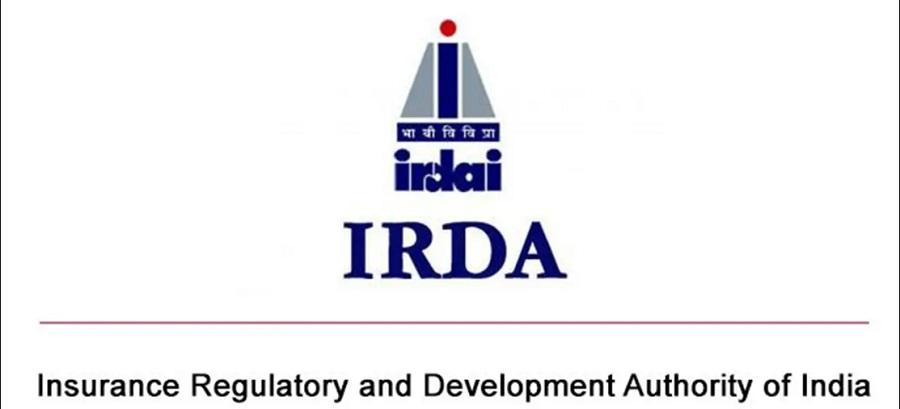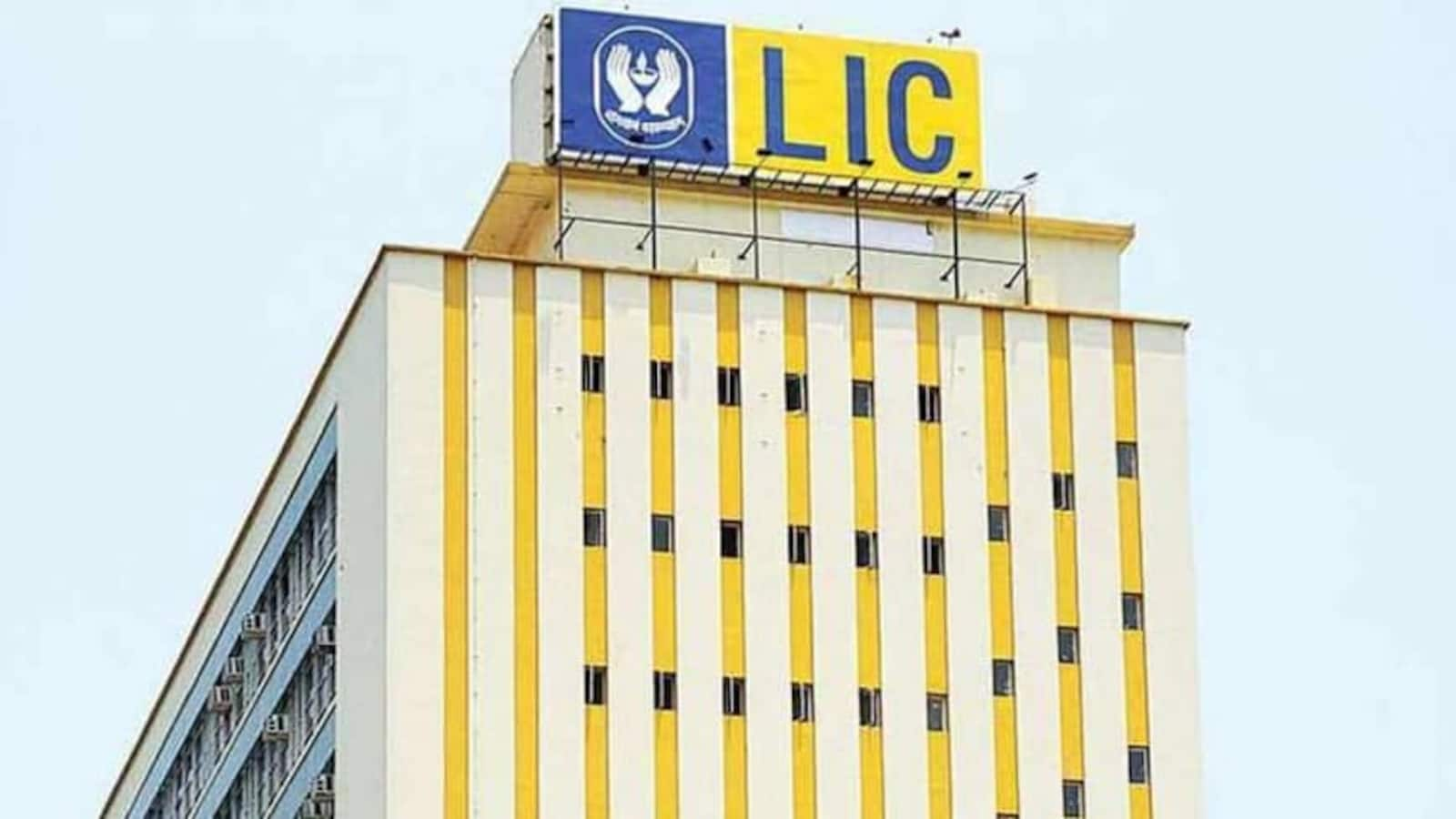LIC, GIC Re, New India remain Domestic Systemically Important Insurers: Irdai
Domestic Systemically Important Insurers (D-SIIs) refer to insurers of such size, market importance, and domestic and global interconnectedness, whose distress or failure would cause a significant dislocation in the domestic financial system.

LIC, GIC Re, New India remain Domestic Systemically Important Insurers: Irdai:
The Insurance Regulatory and Development Authority of India (IRDAI) recently announced that Life Insurance Corporation of India (LIC), General Insurance Corporation of India (GIC), and New India Assurance Co will continue to be designated as Domestic Systemically Important Insurers (D-SIIs). The classification of D-SIIs signifies that these insurers are considered to be of substantial size, market importance, and have significant domestic and global interconnectedness.

When an insurer is classified as a D-SII, it means that its distress or failure has the potential to cause a significant dislocation in the domestic financial system. In other words, these insurers are perceived as being “too big or too important to fail.” This recognition highlights the critical role that these companies play in the insurance industry and their impact on the broader financial landscape in India.
The primary objective of identifying D-SIIs is to ensure the stability and resilience of the insurance sector. By acknowledging the systemic importance of these insurers, regulators can impose additional regulatory requirements and oversight on them. This helps mitigate systemic risks and safeguard the interests of policyholders and the overall financial system.
The continued designation of LIC, GIC, and New India Assurance Co as D-SIIs emphasizes their significance in the insurance market and reinforces the need for robust risk management practices and prudent governance frameworks within these companies. It also underscores the importance of maintaining their financial strength and ensuring their ability to withstand adverse events or economic downturns.
The classification as D-SIIs imposes certain obligations on these insurers. They are required to comply with enhanced prudential norms and risk management standards to minimize the potential risks they pose to the financial system. These measures include maintaining higher capital adequacy ratios, implementing stricter risk assessment and management frameworks, and conducting regular stress tests to assess their resilience to adverse scenarios.
Additionally, being designated as D-SIIs subjects these insurers to closer supervision by the regulatory authority. The IRDAI will monitor their operations more closely and assess their financial health and risk profiles on an ongoing basis. This heightened oversight aims to ensure that these insurers continue to operate in a manner that safeguards the interests of policyholders and promotes financial stability.
The classification of LIC, GIC, and New India Assurance Co as D-SIIs also highlights the interconnectedness of these insurers with the domestic and global financial systems. Their size and market importance imply that any disruption in their operations could have significant ripple effects on the broader financial ecosystem. Therefore, it is crucial to closely monitor and regulate their activities to prevent any adverse consequences for the stability of the financial system.
In conclusion, the designation of LIC, GIC, and New India Assurance Co as Domestic Systemically Important Insurers underscores their size, market significance, and interconnectedness. Being classified as D-SIIs highlights their importance in the insurance industry and their potential impact on the domestic financial system. This recognition necessitates enhanced regulatory oversight, stricter risk management practices, and higher capital requirements to ensure their resilience and safeguard the interests of policyholders and the overall financial stability of India.
In the recently released list of Domestic Systemically Important Insurers (D-SIIs) for the year 2022-23, the Insurance Regulatory and Development Authority of India (IRDAI) has reaffirmed the identification of Life Insurance Corporation of India (LIC), General Insurance Corporation of India (GIC Re.), and New India Assurance Co. as D-SIIs. This means that these insurers continue to be recognized as entities that are of significant size, market importance, and have considerable interconnectedness within the domestic and global financial systems.
The classification of D-SIIs is based on the understanding that the distress or failure of these insurers could potentially lead to substantial disruptions in the domestic financial system. It emphasizes their critical role and the impact they have on the overall stability of the insurance sector and the broader financial landscape in India.
By designating LIC, GIC Re., and New India Assurance Co. as D-SIIs, the IRDAI aims to ensure that appropriate regulatory measures are in place to mitigate systemic risks associated with these insurers. This involves imposing additional prudential norms, risk management requirements, and enhanced supervision to ensure the stability and resilience of these insurers and the financial system as a whole.

The continued identification of these insurers as D-SIIs underscores the need for robust risk management practices, strong governance frameworks, and adequate capital buffers within these companies. It also highlights the importance of maintaining their financial strength and preparedness to withstand adverse events or economic challenges.
As D-SIIs, LIC, GIC Re., and New India Assurance Co. are subject to specific regulatory obligations. They are required to comply with enhanced risk assessment and management standards, maintain higher capital adequacy ratios, and undergo regular stress tests to assess their ability to withstand adverse scenarios. This ensures that these insurers are well-equipped to handle potential risks and protect the interests of policyholders.
The designation as D-SIIs also implies closer scrutiny and ongoing monitoring of their operations by the IRDAI. The regulatory authority will actively supervise these insurers, assess their financial health and risk profiles, and intervene if necessary to address any emerging concerns. This proactive oversight helps in maintaining financial stability and instilling confidence in the insurance sector.
In conclusion, the reaffirmation of LIC, GIC Re., and New India Assurance Co. as Domestic Systemically Important Insurers highlights their continued significance and impact on the Indian insurance industry and the overall financial system. The D-SII designation ensures that appropriate regulatory measures are in place to manage potential systemic risks and promote stability. It underscores the importance of robust risk management practices, governance frameworks, and financial strength within these insurers to protect policyholders and maintain a resilient financial sector.
The Insurance Regulatory and Development Authority of India (IRDAI) has highlighted the perception that Domestic Systemically Important Insurers (D-SIIs) are insurers that are deemed “too big or too important to fail.” While this perception may suggest an expectation of government support in times of distress, it can also have unintended consequences such as increased risk-taking, reduced market discipline, competitive distortions, and potential future financial difficulties, according to the IRDAI.
To address these concerns, the IRDAI has implemented additional regulatory measures for D-SIIs to effectively manage systemic risks and moral hazard issues. The regulator emphasizes the need for enhanced regulatory supervision over D-SIIs, recognizing their nature of operations and systemic importance within the insurance industry.
In response to the regulatory expectations, LIC, GIC Re., and New India Assurance Co., as D-SIIs, are encouraged to prioritize the improvement of corporate governance practices. They are expected to identify and manage all relevant risks effectively, while fostering a robust risk management framework and a culture of risk awareness within their organizations.
By promoting sound risk management practices and corporate governance, these insurers can mitigate potential risks, enhance their resilience, and contribute to the overall stability of the insurance sector and the financial system.
It is crucial for D-SIIs to demonstrate a proactive approach in addressing risks and adhering to regulatory requirements. This includes continuously evaluating their risk profiles, adopting appropriate risk mitigation strategies, and implementing measures to strengthen their risk management frameworks.
By doing so, D-SIIs can uphold their systemic importance while actively managing potential risks and ensuring the stability and sustainability of their operations. This approach aligns with the regulatory objective of striking a balance between supporting the systemic role of these insurers and maintaining market discipline to avoid any adverse consequences associated with the perception of being “too big or too important to fail.”





